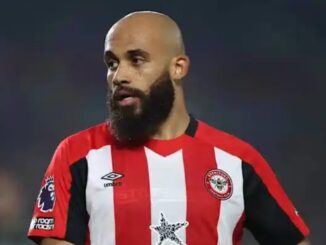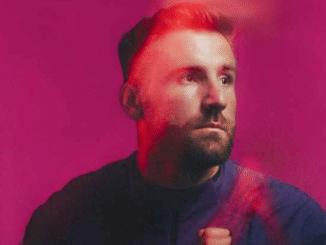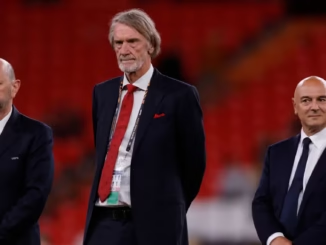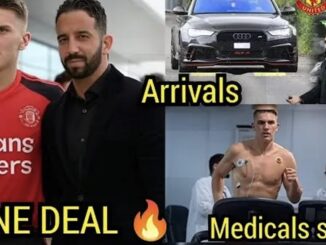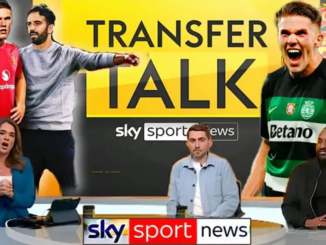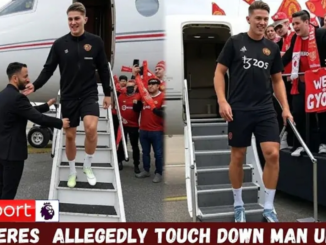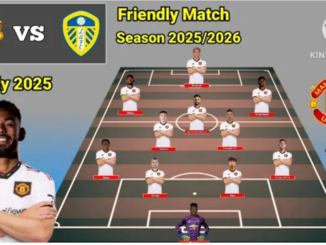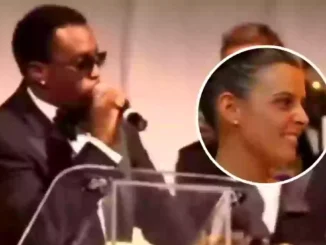
What Coleen Rooney did after Man United Wayne Rooney bid $150,000 for night out with Diddy in resurfaced footage
Coleen Rooney made her feelings known after Wayne Rooney bid $150,000 for a night out with Sean ‘Diddy’ Combs as footage of the auction has […]


